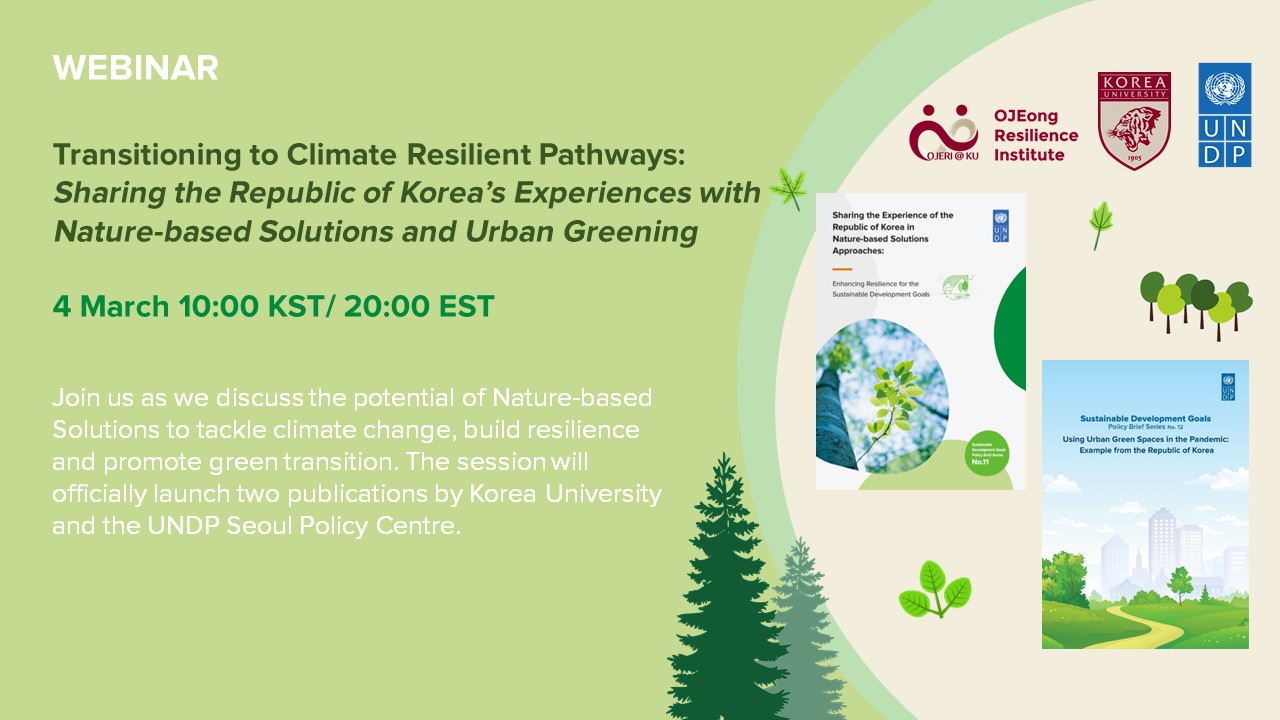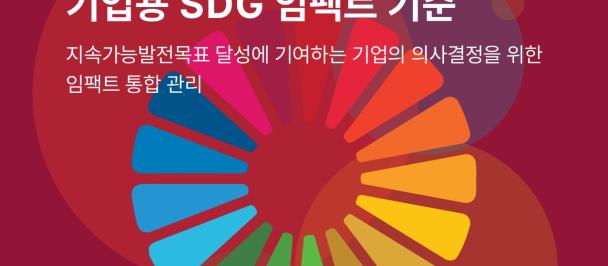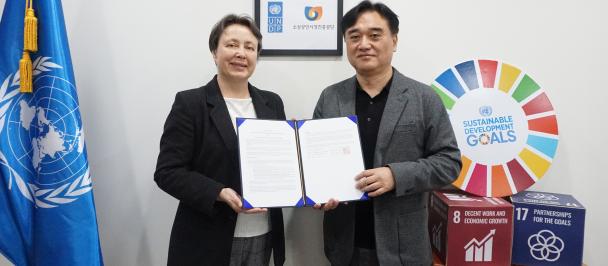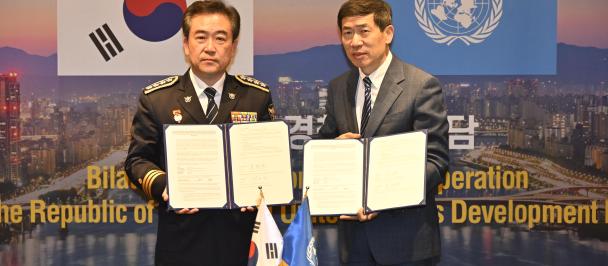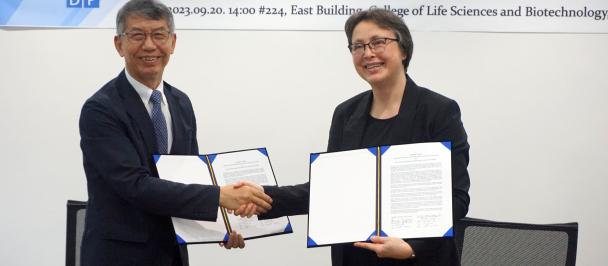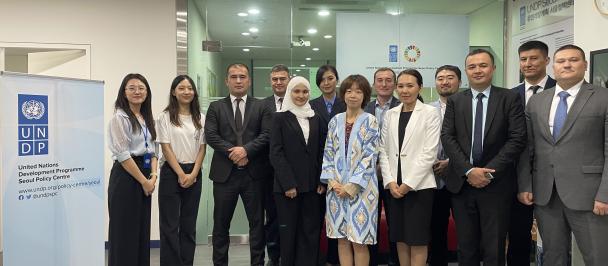There is a growing global consensus about the critical role of nature and forested environments in tackling the climate crisis. Last November, world leaders gathered for the UNFCCC Conference of Parties in Glasgow, also referred to as COP26. The proceedings clearly emphasized the need to protect, conserve, and restore "nature and ecosystems … including through forests and other terrestrial and marine ecosystems." The importance of sustainable forestry was further reaffirmed through a commitment made by 141 world leaders, whose countries represent over 90% of the world's forests, to end deforestation by 2030 and its accompanying financial mechanism, the Global Forest Finance Pledge.
Decisions at COP26 on nature and forested ecosystems are welcome; however, they remain transformative calls for action. Through its signature solution on the environment, UNDP aims to put nature and the environment at the heart of sustainable development and mobilize private and public investment in nature-based climate solutions.
By recognizing the need for good practices that showcase successful nature-based solutions (NbS) and reforestation efforts, the UNDP Seoul Policy Centre has supported UNDP Country Offices through its SDG Partnerships on Sustainable Forestry under its Resilience portfolio. USPC aims to share tested-and-proven policy tools employed by the Republic of Korea, focusing on sustainable forestry and green transition. The Korean experience holds valuable lessons for developing countries in achieving economic development alongside forest rehabilitation. The lessons are particularly relevant today in fostering green recovery against the continuing impacts of COVID-19.
Within this context, the UNDP Seoul Policy Centre co-hosted a webinar with OJEong Institute and Korea University on 4 March 2022. The primary objective of this webinar was to discuss the importance of sustainable forestry for tackling climate change and its potential as a tool for green transition by highlighting Korea's experience with NbS and urban greenery. The session officially launched two publications detailing Korea's experience with NbS and urban greening.
During the webinar, Professor Son from Korea University highlighted the critical linkages between NbS, the SDGs and Resilience. He stressed that "when we have stewardship towards nature, we can use NbS to increase resilience in both socioeconomic and the environmental aspects." Professor Lee from Korea University underscored the growing demand for urban green spaces (UGS) and the innovative ways Korea has been using UGS during the COVID-19 pandemic. He further emphasized the need to "make use of new technologies such as indoor UGS in large public buildings." From the UNDP perspective, Celina Yong emphasized the potential of forests for combatting climate change, highlighting how "conserving and sustainably managing forests can unlock up to 3.3 GtCO2 per year of cost-effective emissions reductions and sequestration in the tropics alone." She also discussed the gaps and barriers to financing NbS among governments, followed by possible solutions.
The webinar recording can be viewed here.
Speakers:
Welcoming Remarks
Dr. Anne Juepner, Interim Director, UNDP Seoul Policy Centre
Perspectives from UNDP
- Ms. Celina (Kin Yii) Yong, Senior Regional Technical Advisor and Stakeholder Engagement Specialist for Asia-Pacific in the Climate and Forests Programme, under Nature, Climate and Energy in UNDP (presentation slides)
Sharing Experiences from the Republic of Korea
- Dr. Yowhan Son, Professor, Division of Environmental Science and Ecological Engineering, Korea University (presentation slides)
- Dr. Woo-kyun Lee, Professor, Division of Environmental Science and Ecological Engineering, Korea University and Director of the OJEong Resilience Institute (presentation slides)
Publications:
SDG Policy Brief No.11: Sharing the Experience of the Republic of Korea in Nature-based Solutions Approaches focuses on Korea's Nature-based Solutions (NbS) in sustainable forestry that have contributed to strengthening both environmental and socioeconomic resilience. It offers Korea's extraordinary reforestation experience as a model example, and presents case studies from China, Mongolia, and Kazakhstan where NbS projects funded by Korean ODA helped strengthen local and regional resilience.
SDG Policy Brief No.12: Using Urban Green Spaces in the Pandemic: Example from the Republic of Korea focuses on the country’s utilization of urban green spaces as part of an integrated approach to COVID-19. It offers insights into how urban green spaces can contribute to public well-being by addressing the short-term impacts of pandemics such as adverse mental health outcomes while addressing certain environmental challenges in urban areas.
Additional Resources:

 Locations
Locations